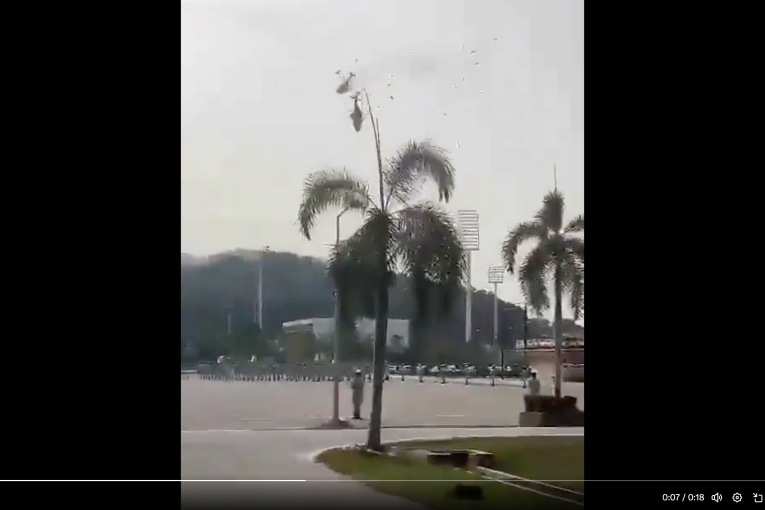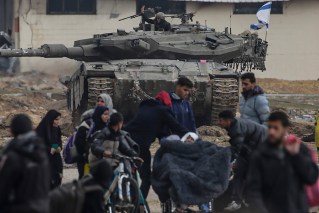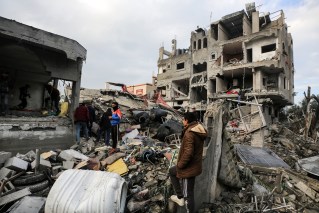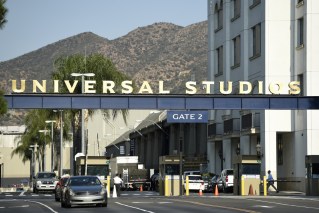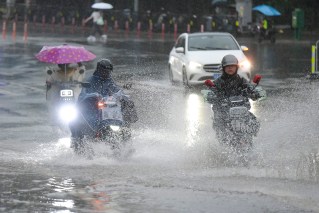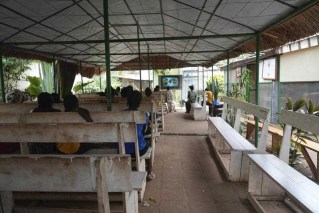Iraqi troops get closer to Ramadi
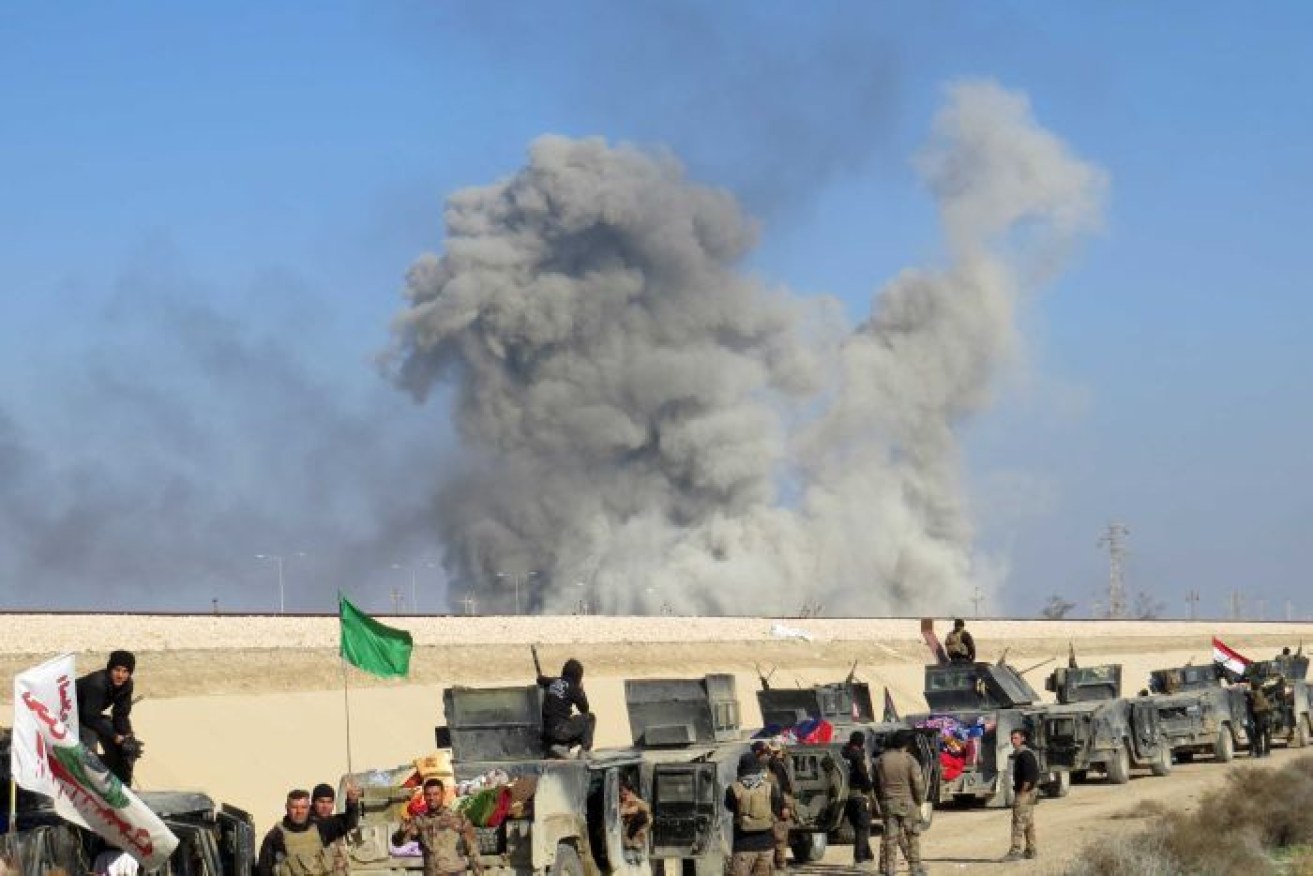
ABC
Iraqi security forces are moving closer to the centre of Ramadi as they battle Islamic State (IS) militants who took control of the city in May.
A day after advancing into the city’s centre, forces led by the elite counter-terrorism service (CTS) inched towards the governmental compound in Ramadi, the capital of Iraq’s vast Anbar province.
“The anti-terrorism troops are now poised to break into the Hoz area where the governmental compound is located,” a brigadier general in the force said.
• UN backs Syria peace plan
• Figures show increase in RAAF bombings of Islamic State
• Pakistan bomb blast kills 24, injures 70
Anbar officials said dozens of families that IS militants had been using as human shields had escaped to safety.
“Ramadi residents who were held by Daesh [IS] in the city centre escaped the siege and went towards the military units in Tal Mshahideh” in eastern Ramadi, provincial council spokesman Eid Ammash al-Karbuli said.
Officials said about 50 families escaped and were made up mostly of children, women and elderly men who raised white flags as they approached the security forces.
They were fed and buses were being prepared to take them to a camp away from the frontlines.
Another council official said a family of four were executed by IS on Monday as they tried to leave.
The recapture of the government compound would mark another key step towards reasserting full control over Ramadi.
The CTS said the city should be reclaimed within three days of the beginning of the operation.
Government forces, which have been supported by daily air strikes from the US-led coalition, had to move carefully through the devastated city, whose deserted streets were littered with rubble and shrapnel.
Retreating IS fighters usually booby-trap their abandoned positions, plant roadside bombs and move in tunnels which can also be trapped with huge explosive charges.
Iraqi forces clearing residential neighbourhoods in Ramadi were finding huge amounts of ammunition and explosives, including rockets made from gas canisters.
Officials estimated before the latest push into Ramadi that no more than 300 IS fighters remained holed up in the centre.
Fall of Ramadi ‘inevitable’: US
“The fall of Ramadi is inevitable, the end is coming but … it’s going be a tough fight,” the US-led coalition’s spokesman Colonel Steve Warren told reporters on Tuesday.
He said thousands of civilians were still believed to be inside Ramadi, some of them used as human shields by IS.
Several officials said groups of IS fighters were trying to slip through gaps in the Iraqi forces’ net around the city.
“Dozens of Daesh [IS] members have withdrawn from the city centre towards Sufiya and Sichariyah [east of Ramadi along the Euphrates Valley],” said Ibrahim al-Fahdawi, who heads the security committee in the Khaldiya district.
The recapture of Ramadi would further isolate IS-held Fallujah — which lies halfway on the road to Baghdad — and undermine the viability of the group’s self-proclaimed caliphate.
IS ‘exhausted’ in ‘grinding battle of attrition’

The battle to recapture Ramadi began in November. Photo: ABC
Iraq’s Defence Minister Khaled al-Obeidi said last week successive operations by the Iraqi security forces and its allies had shrunk the territory held by IS in Iraq from roughly 40 per cent of the country last year to 17 per cent.
Tuesday’s big push into central Ramadi was only the latest step in a months-long operation, which saw Iraqi forces gradually close in after cutting off supply lines into Anbar and retaking neighbourhoods, key roads and bridges one after the other.
“This has been a grinding battle of attrition. I think [IS] in Ramadi is exhausted. The city has been isolated for a while,” said David Witty, a retired US army special forces colonel and former advisor to CTS.
The slow pace of the Ramadi operation had triggered calls from some critics for a greater role for the Shiite-dominated Hashed al-Shaabi paramilitary forces or even US troops on the ground.
But Baghdad largely stuck to its strategy, resorting to newly trained local forces from Anbar to move in and hold the ground reconquered by federal forces.
The loss of Ramadi in mid-May had been Baghdad’s worst defeat in the war against IS and its recapture would provide a welcome morale boost to the country’s much-criticised military.
“It could be symbolic in strengthening more local resistance in Anbar against [IS], supported by Iraqi federal forces,” Mr Witty said.
The jihadist group, which swept through swathes of Iraq in early June 2014, still controls much of Anbar, which is Iraq’s largest province and has borders with Syria, Jordan and Saudi Arabia.
Government forces, allied Shiite militia and Kurdish peshmerga forces are also battling IS on other fronts.
The jihadist group still controls Mosul, Iraq’s second city.
